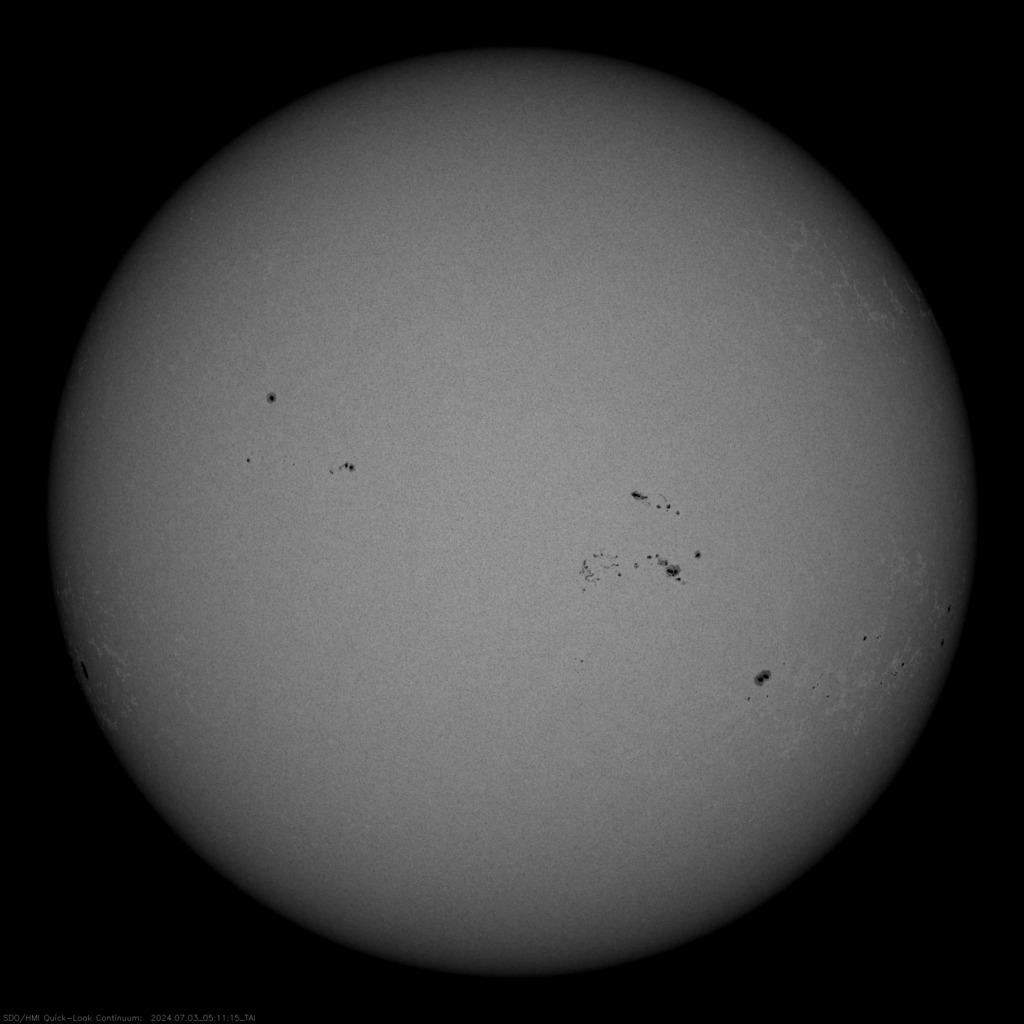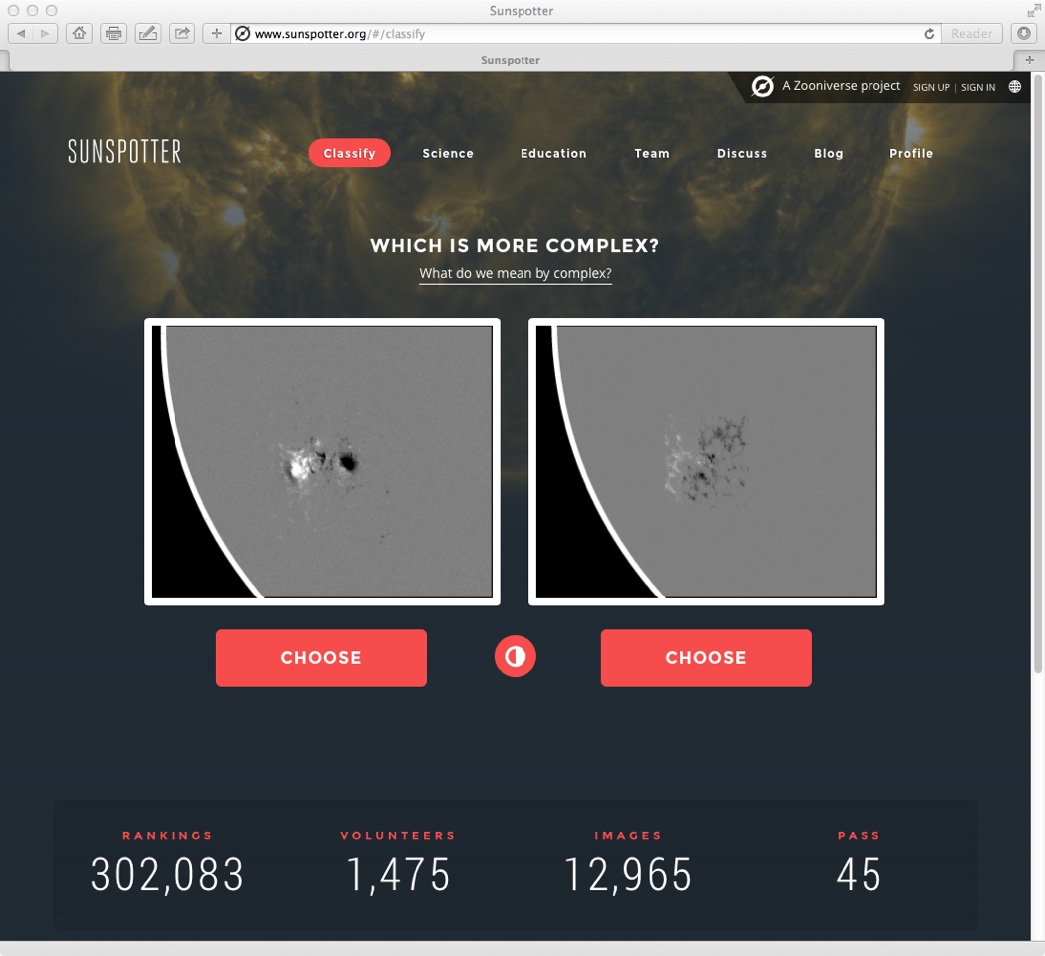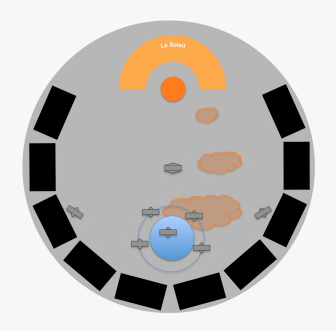This year’s solar eclipse attracted a lot of interest both from the media and the public. FLARECAST consortium partners in countries where the Moon covered the Sun to a considerable extent participated in a variety of outreach activities: school visits, observation sessions, public broadcasting events and public talks.
The eclipse was a great opportunity to make people aware that the Sun is an object of research. At the same time, we realized once again how big people’s interest in our closest star already is. For example, we noticed that some visitors had prepared themselves for the event at home, writing questions they wanted to ask the scientists in notebooks. And even in places where the weather was bad, people came in hundreds to experience the event.
In Ireland, the eclipse was almost a total one (see the image above). So how did they observe it considering typical Irish weather conditions? They were prepared! Find how at the end of this post.
Eric Buchlin: We organized an observation at IAS (Univ. Paris-Sud) and a public lecture by Frédéric Baudin, to which 150 people participated. Many people from IAS went to schools for observations and presentations about the Sun. In total, we reached about 1000 people. Unfortunately the weather was very cloudy, and direct observations of the eclipse could not be done.
Etienne Pariat: At the Observatoire de Paris the weather didn’t allowed us to perform any observations. There was however an important media coverage (~10 TV/radio crews onsite, multiple interviews, etc…), about 1000 people came onsite despite the bad weather, there was about 1 000 0000 visit on the website for that event.
Hanna Sathiapal: In Switzerland, we were lucky – the best weather you can imagine. 600 – 1000 visitors looking through eclipse glasses and telescopes, experimenting with small spheres covering big ones and casting images of the eclipse through square holes. There were many more people than we had expected and quite a few for the small town of Windisch.
Perfect weather conditions above Ireland, too.
Eclipse observation the Irish way with FLARECAST project partner Peter Gallagher on board.
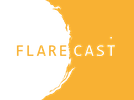
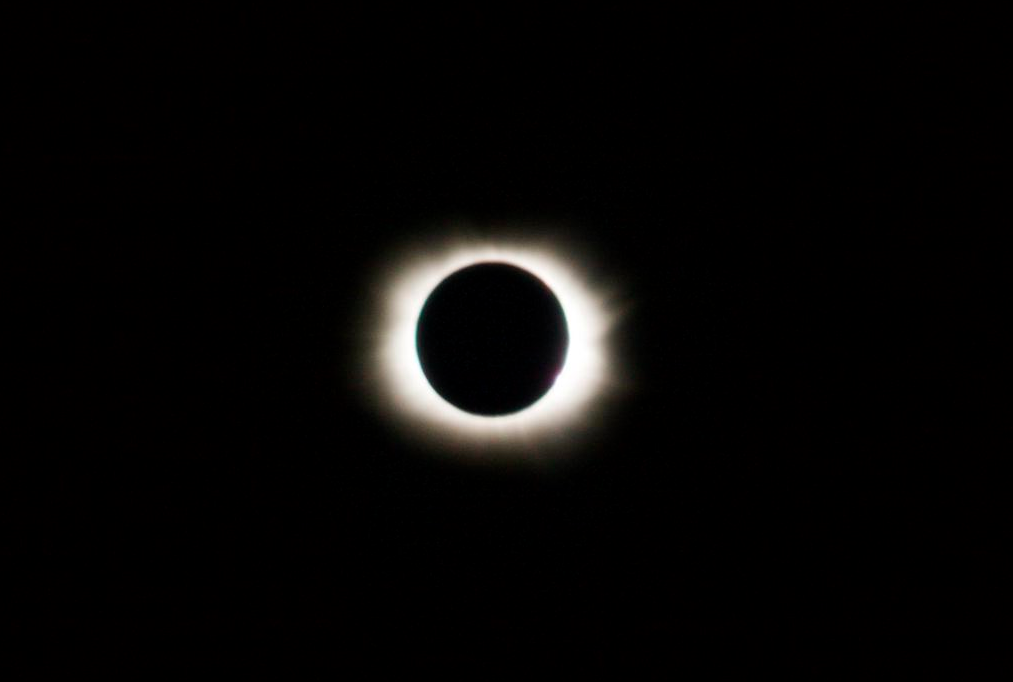
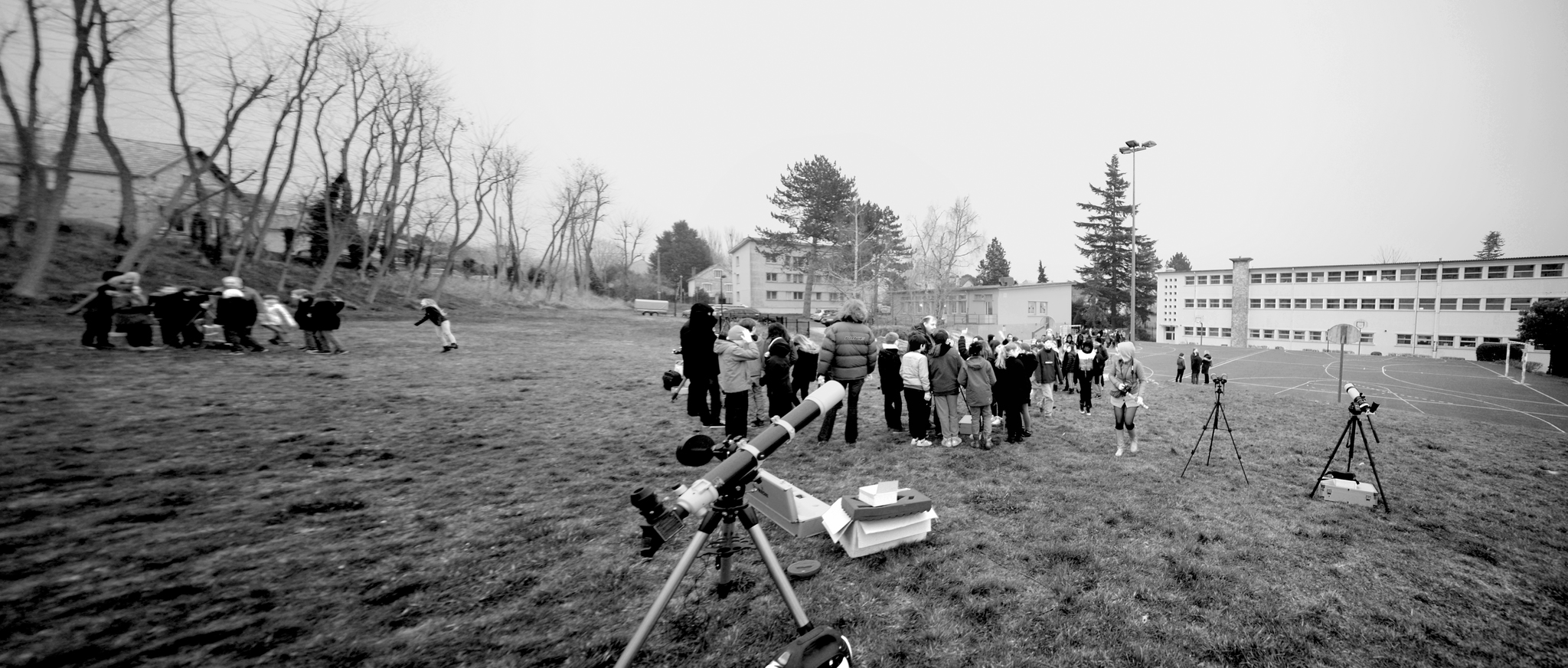
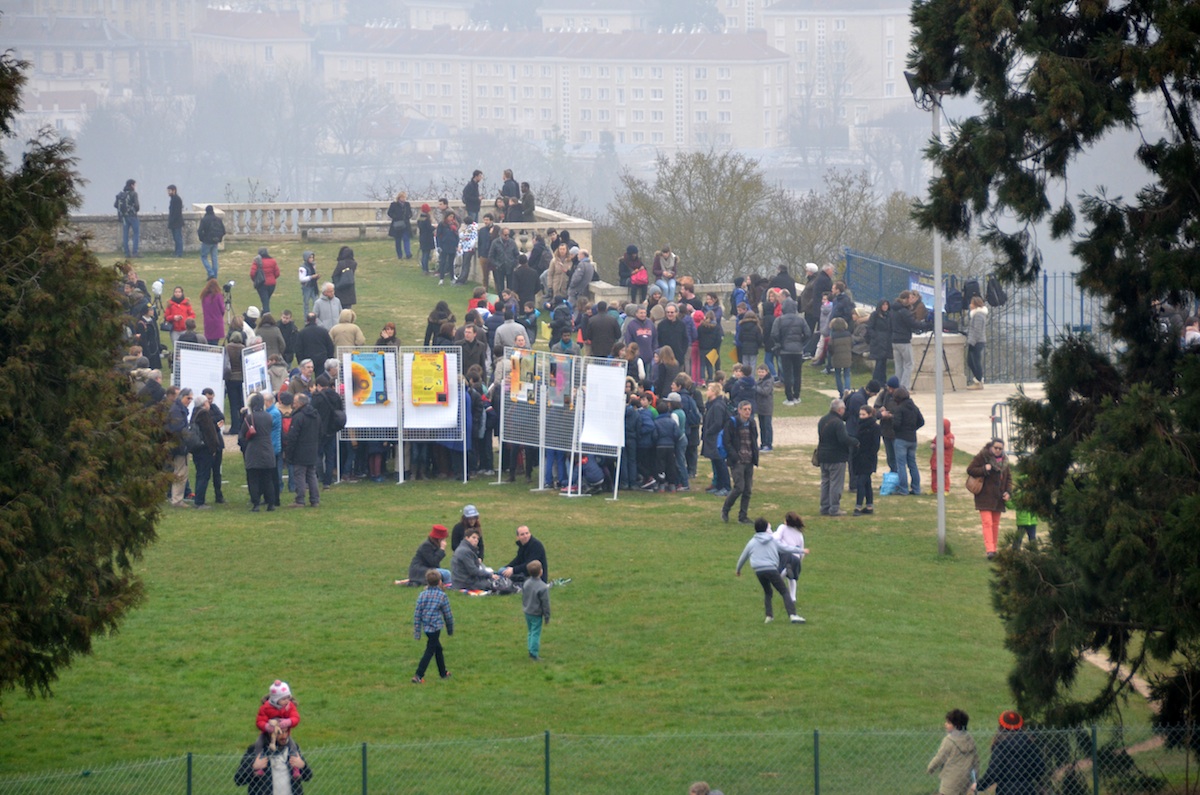
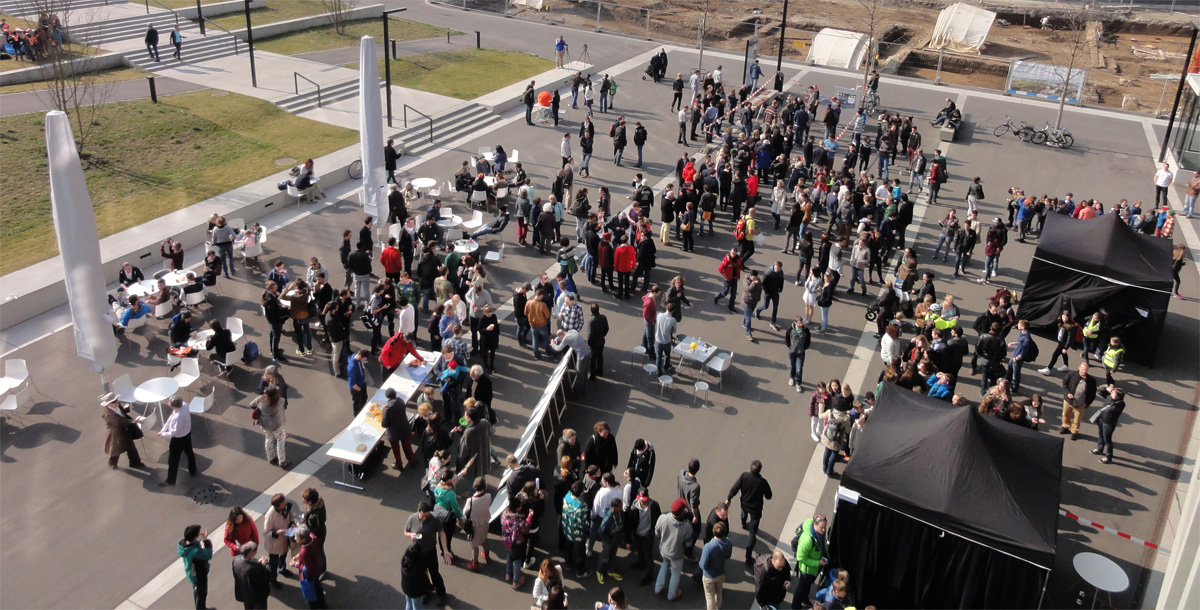
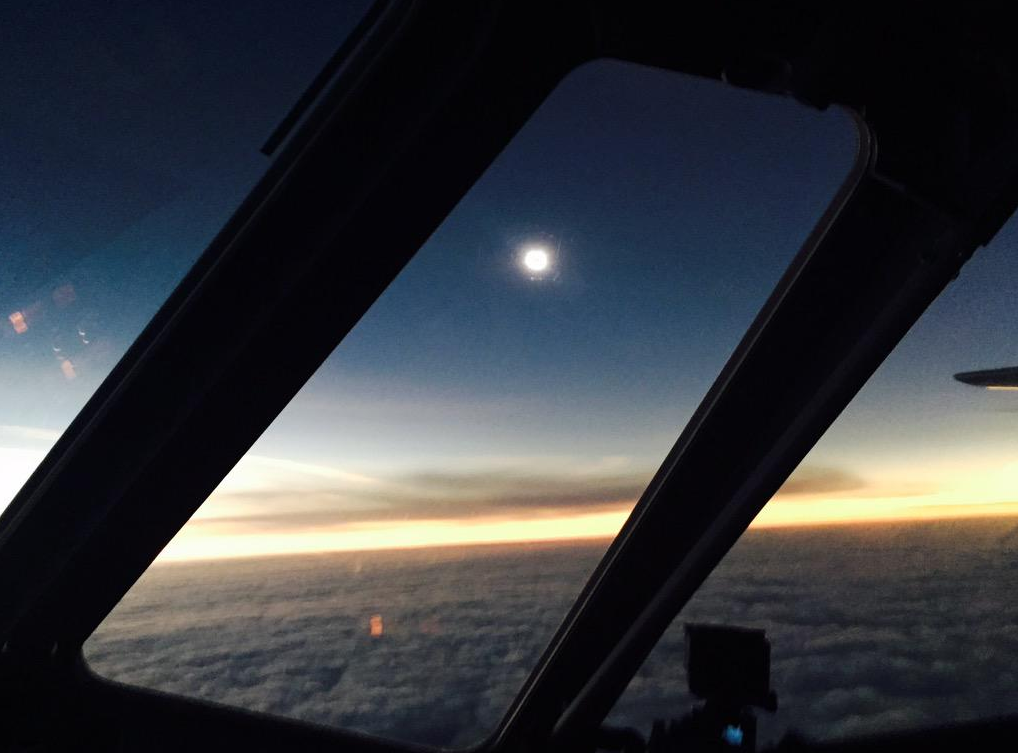
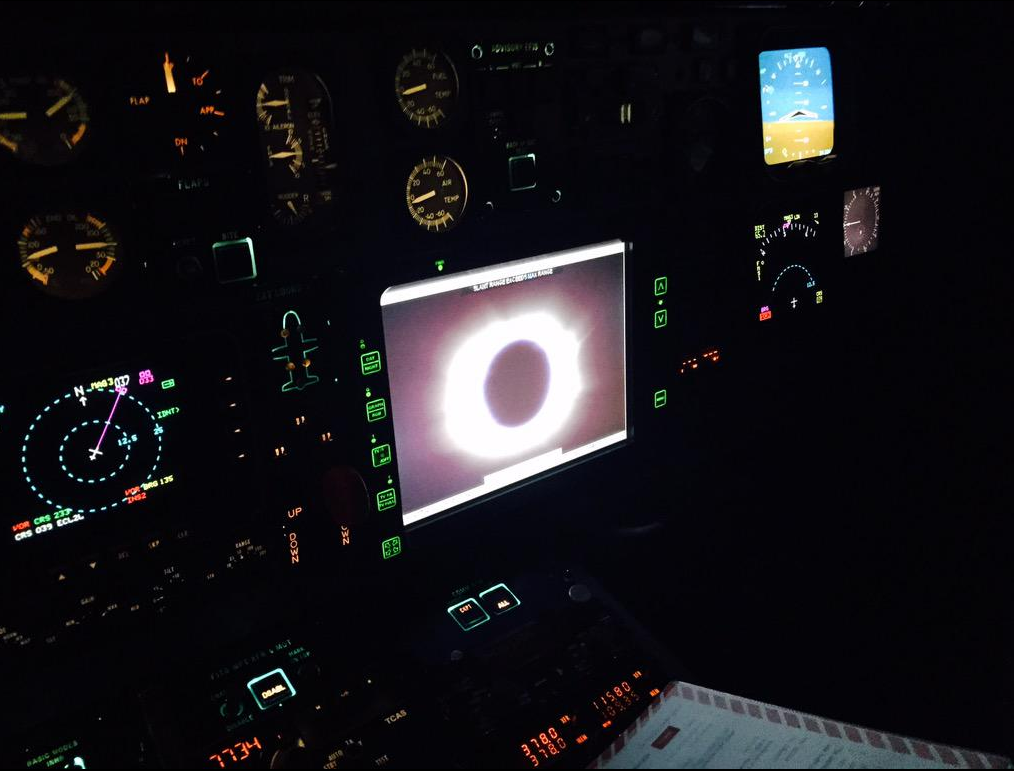
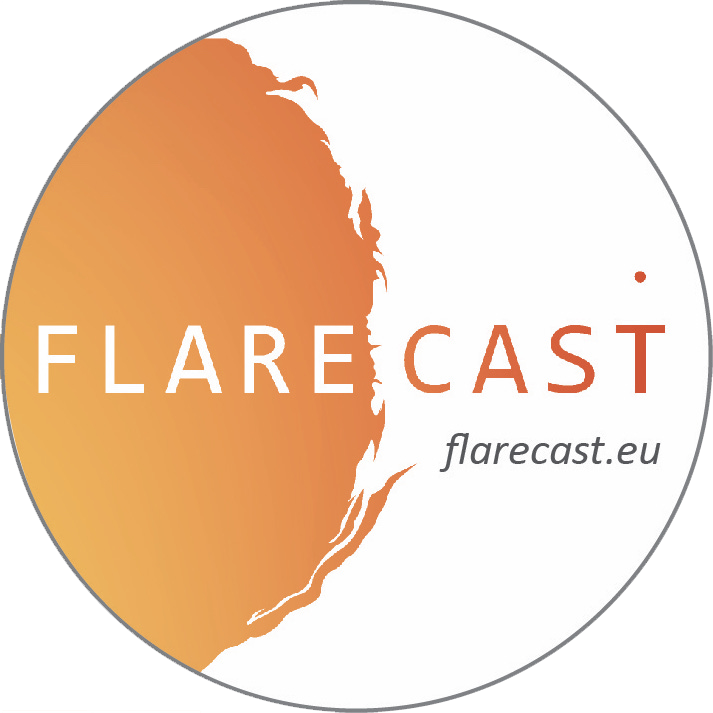 FLARECAST outreach on SlideShare
FLARECAST outreach on SlideShare